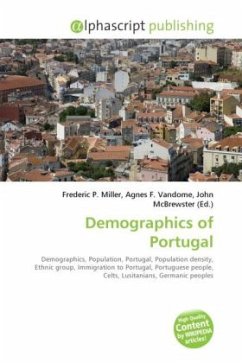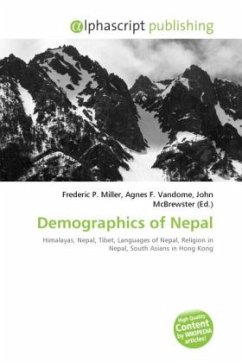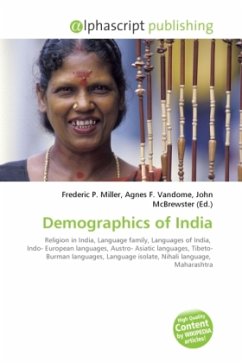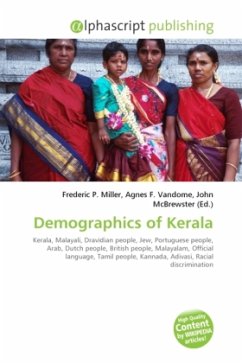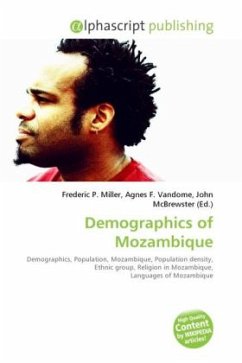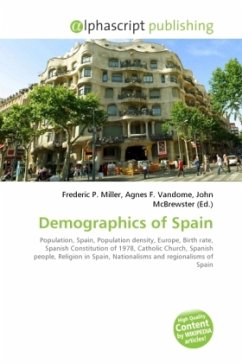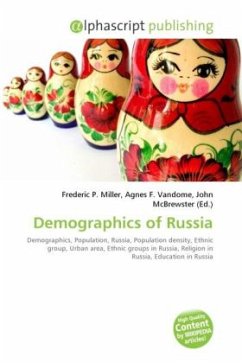This article is about the demographic features of the population of Portugal, including population density, ethnicity, education level, health of the populace, economic status, religious affiliations and other aspects of the population.As of 2007 Portugal had 10,617,575 inhabitants of whom about 332,137 were legal immigrants (51,7% female, 48,3% male). Portugal is a fairly homogeneous country linguistically and religiously. Ethnically, the Portuguese people are mainly a combination of pre-Roman Iberian Celtic tribes, Lusitanians and others, with a fair amount of Roman, Germanic (Visigoths and Suevi) and some minor elements, essentially Arab-Berbers, and Jews.Furthermore the demographic development is characterized by three trends: increasing longevity, decreasing birth rates and an increasing percentage of population from foreign extraction.Today, many Eastern Europeans (especially Ukrainians, Moldovans, Romanians and Russians), as well as Brazilians, are making Portugal their home. Portuguese is spoken throughout the country, with only the villages of Miranda do Douro's Mirandese language recognised as a locally co-official language.
Bitte wählen Sie Ihr Anliegen aus.
Rechnungen
Retourenschein anfordern
Bestellstatus
Storno

